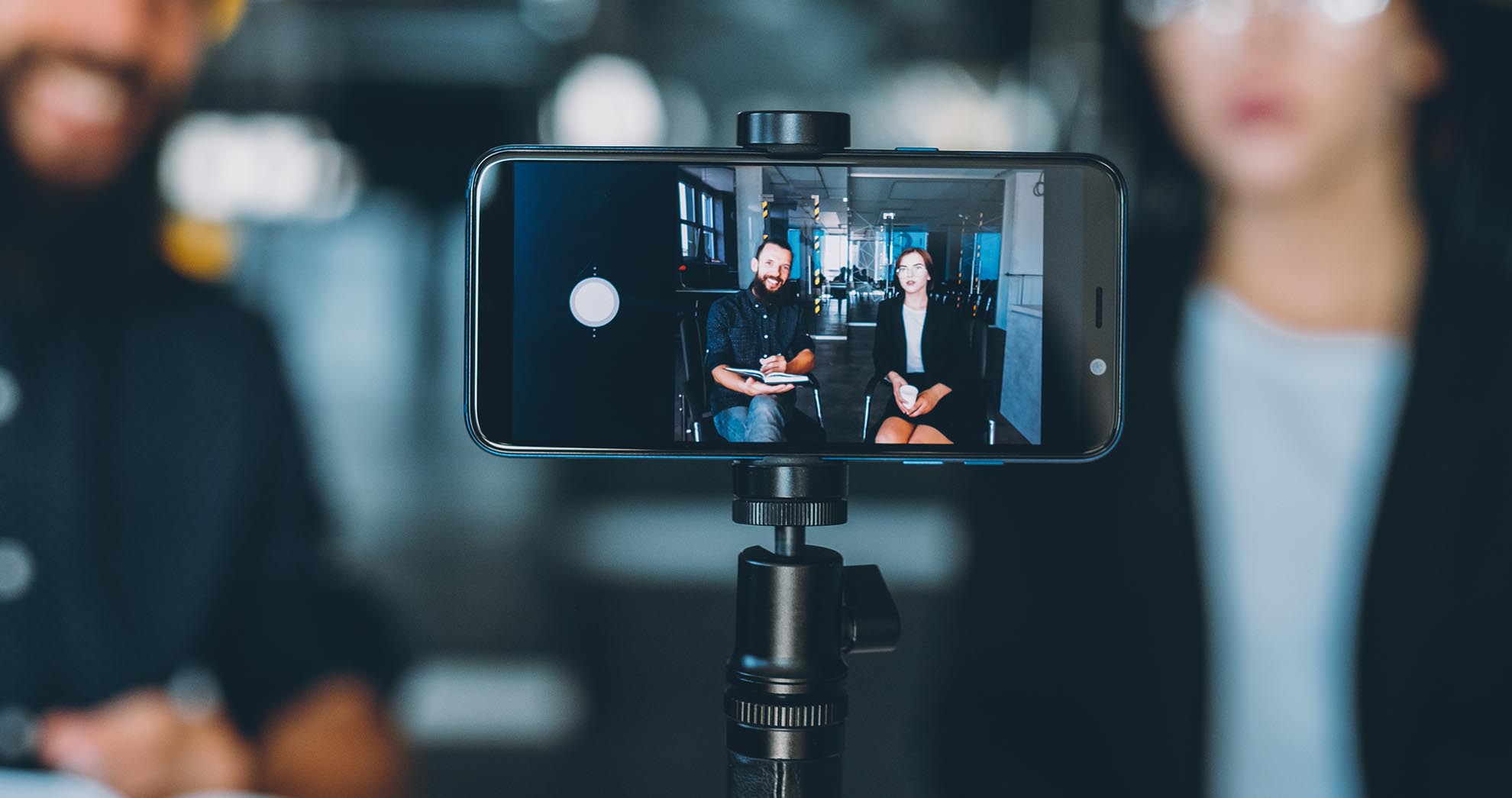
Videos can support knowledge transfer by providing training and instructional technical assistance, recording webinars and events, and building awareness of model or innovation practices and documenting accomplishments. Project films can visually illustrate complex topics and clarify messages where terminology can be difficult to grasp for viewers unfamiliar with the material. Films can translate issues into compelling stories to support training and education. Videos may describe how a job or task is done for employees new to a position, or can introduce an innovative practice for multiple employees in various locations. Videos can be reposed online for access when needed.
Videos
WHAT
- Any innovation that must be adopted by employees
- Expert interviews describing a process or practice
- Training and educational assistance
- Events, such as last lectures, for later viewing
WHY
- To reinforce messages with visual content
WHEN
- When it would be of benefit to share information that might be more easily understood in visual form
HOW
- Films and visual media are inherently dynamic and each project will vary according to the purpose and complexity of the project.
- Projects are developed with the client or customer typically on a project basis. An approach is determined to achieve the project objectives that considers pre-production, filming and editing needs.
PRACTICAL CONSIDERATIONS
- Hold interviews with subject matter experts
- Research materials and prepare scripts
- Document webinars, events and proceedings
LINKS & RESOURCES
- New Jersey Technology Transfer Video Library (YouTube), NJDOT Technology Transfer, https://www.njdottechtransfer.net/videos
- New Jersey Department of Transportation (YouTube), NewJerseyDOT, https://www.youtube.com/njdepttransportation
- U.S. Department of Transportation, FHWA (Youtube), Federal Highway Administration, USDOTFHWA, https://www.youtube.com/user/USDOTFHWA/videos


